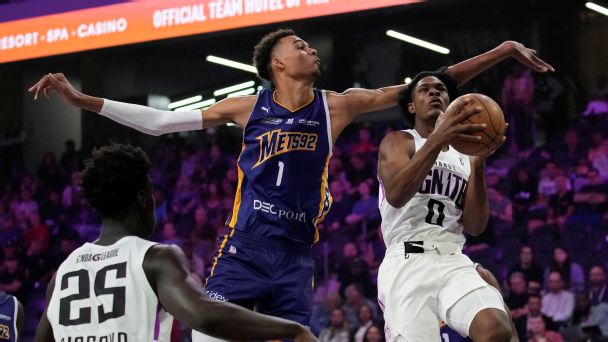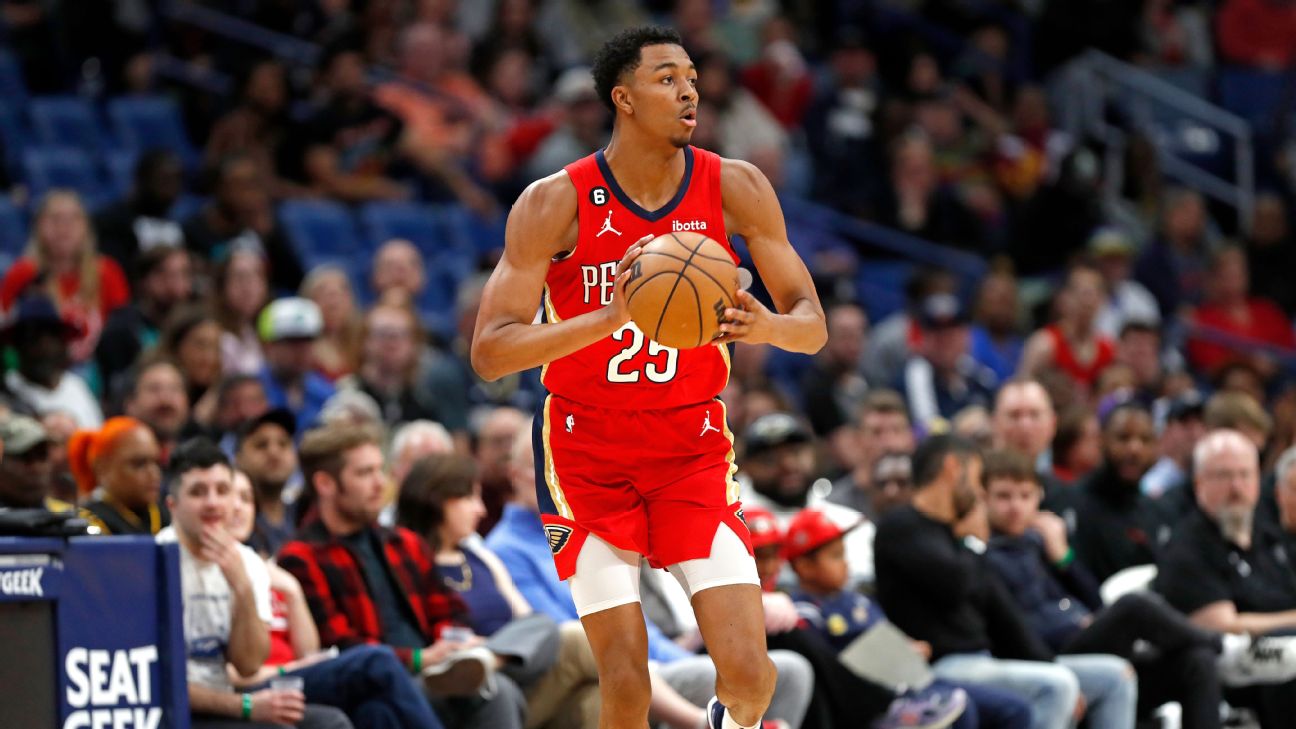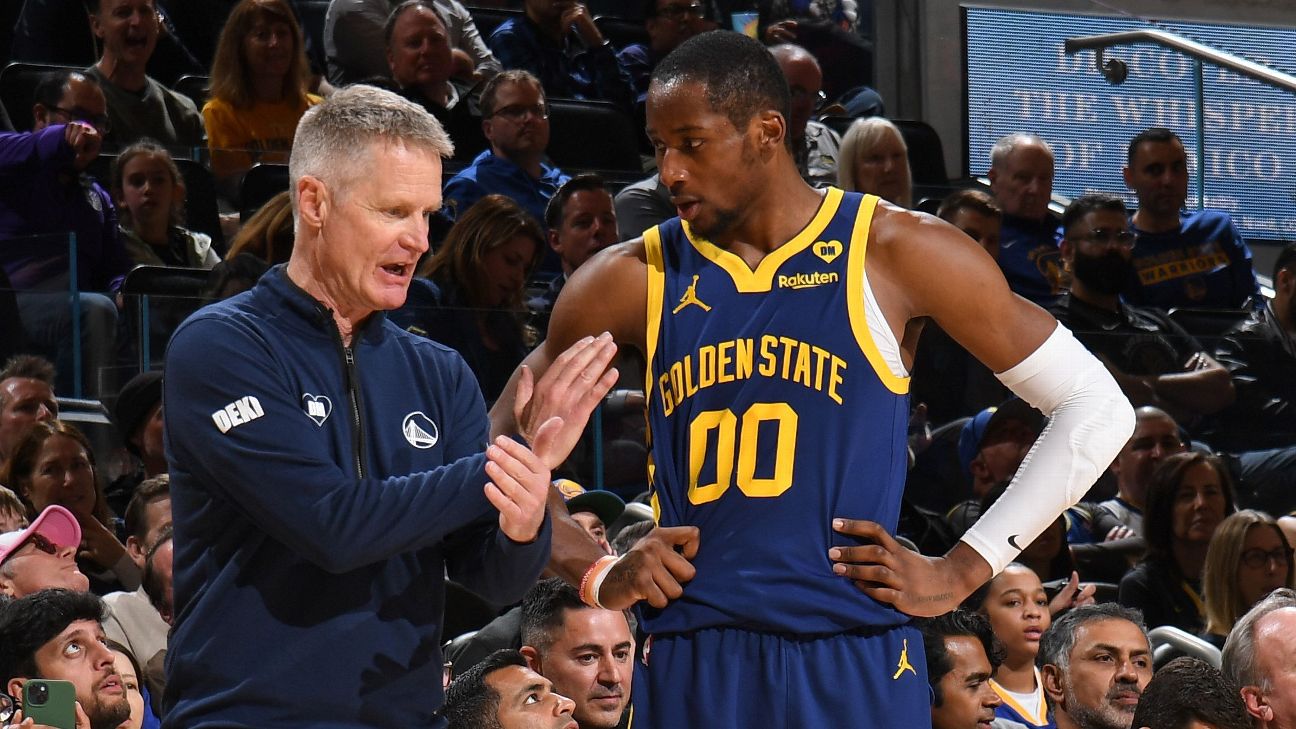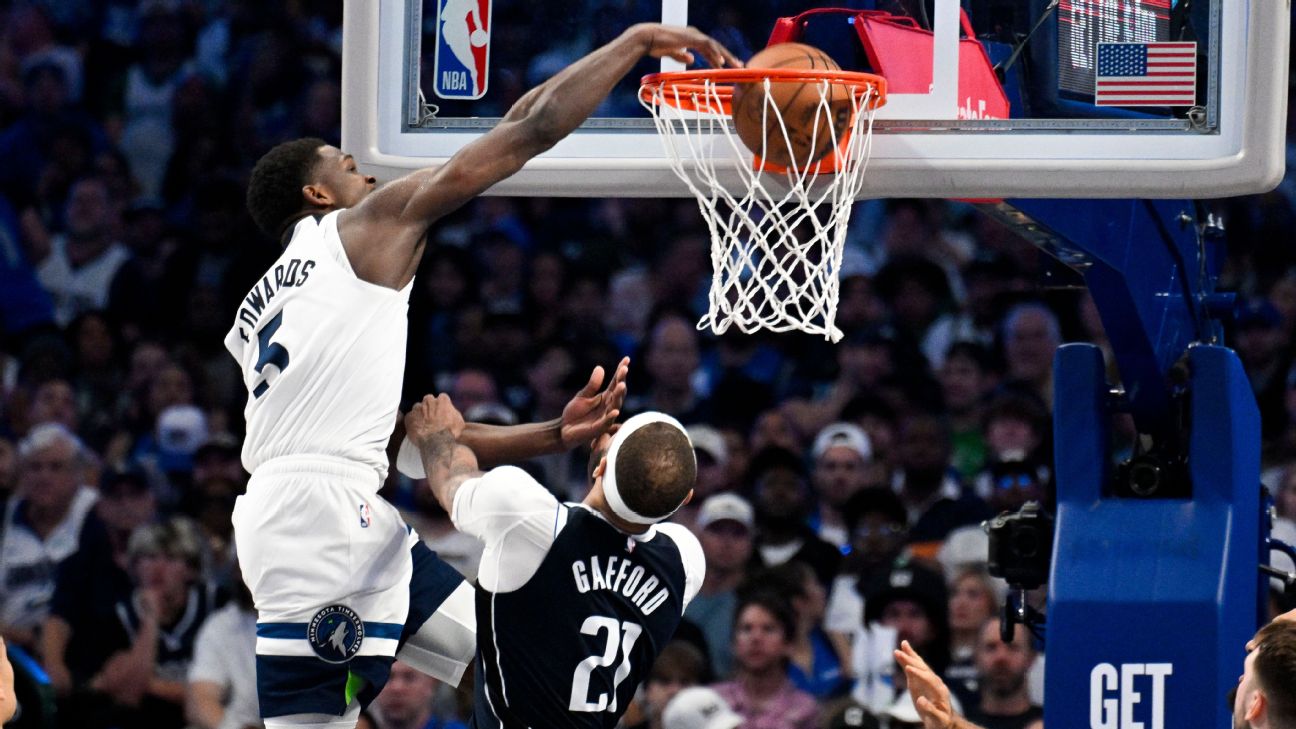Can another first-year player beat out Victor Wembanyama for NBA Rookie of the Year?
In recent years, the No. 1 pick in the NBA draft hasn’t automatically ended up taking home the hardware as the league’s best rookie. In fact, when Orlando Magic forward Paolo Banchero won last season, he was the first top pick to win since Minnesota Timberwolves center Karl-Anthony Towns in 2015-16. Another No. 1 pick, Ben Simmons, won in 2017-18 — a year removed from being drafted in 2016, having missed his entire first season because of a foot injury.
Since then, more No. 3 picks (LaMelo Ball and Luka Doncic) have won Rookie of the Year than players taken in the top spot. Still, Wembanyama will enter the season as a heavy ROY favorite after earning MVP and Best Defender honors at age 19 playing in his native France while earning generational hype in the process.
Let’s take a look at the field of candidates looking to unseat Wembanyama by utilizing my player stats projections and looking at the history of the Rookie of the Year award typically going to the first-year player with the highest combination of points, rebounds and assists per game.
The favorite
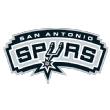
Victor Wembanyama, San Antonio Spurs
Projections: 30 MPG, 15.2 PPG, 8.1 RPG, 1.9 APG, 2.8 BPG
The biggest challenge with Wembanyama is projecting how many minutes he’ll play. An average of 30 MPG would be on the low side for a No. 1 pick — the past three have averaged at least 32, including 33.7 for Banchero. At the same time, the Spurs will surely think long term in managing Wembanyama’s minutes as part of a building campaign.
Even a conservative projection for playing time leaves Wembanyama with the NBA’s best block projection. Jaren Jackson Jr. averaged 3.0 BPG to lead the league last year, but he’s expected to slightly regress after improving his per-minute rate by nearly a third. I wouldn’t be shocked if Wembanyama smashes the scoring projection, too, depending on how aggressive San Antonio is running the offense through him.
It’s worth noting that Wembanyama sitting out games for precautionary purposes would not disqualify him from winning Rookie of the Year. The NBA has instituted a new minimum number of games played, 65, to be eligible for many league honors, but Rookie of the Year is not among them.
The contenders

Scoot Henderson, Portland Trail Blazers
Projections: 23 MPG, 9.0 PPG, 4.0 RPG, 3.7 APG
For now, Henderson’s projections aren’t quite on the level of the two players taken in front of him. But that’s in large part because Portland’s roster still includes All-NBA point guard Damian Lillard, whose trade request has not yet been granted by the team.
If the Blazers deal Lillard before the start of the season, or if he mutually agrees to stay away from the team while the process plays out, Henderson would quickly become the leading threat to unseat Wembanyama for Rookie of the Year. In that scenario, I’d bump up Henderson’s minutes projection to 30 per game, boosting his averages to 12.2 PPG, 5.1 RPG and 4.8 APG — the second-highest combined total after Wembanyama.
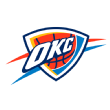
Chet Holmgren, Oklahoma City Thunder
Projections: 28 MPG, 11.5 PPG, 7.0 RPG, 1.7 APG, 1.7 BPG
With apologies to Utah Jazz fans still fuming over Simmons winning Rookie of the Year over first-year player Donovan Mitchell, Holmgren is eligible after a Lisfranc injury sidelined the 2022 No. 2 overall pick for the entire 2022-23 season.
Having averaged just 14.1 PPG during his lone season at Gonzaga, Holmgren is unlikely to put up gaudy scoring numbers like Wembanyama. And he’s also likely to see his minutes limited coming off the injury. As a result, Holmgren’s case is likely to rest on superior efficiency. He posted a 69.1% true shooting percentage in college and should have plenty of high-percentage opportunities playing with Oklahoma City’s talented guards.
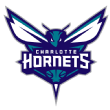
Brandon Miller, Charlotte Hornets
Projections: 28 MPG, 12.9 PPG, 5.5 RPG, 1.8 APG
To some degree, I think people are sleeping on Miller’s ability to put up impressive-looking stats as a rookie. He averaged 18.8 PPG and 8.2 RPG in his lone season at Alabama. Like 2022 No. 3 pick Jabari Smith Jr., who posted a nearly identical stat line to Banchero in college but was far less productive as an NBA rookie, it does appear Miller might have a tougher time translating that production against bigger and more athletic opponents.
Miller was underwhelming as a scorer during the NBA 2K24 Summer League, averaging 15.2 PPG on 36.5% shooting. And though Miller will surely play, he must contend with a crowded Charlotte frontcourt that will add Miles Bridges back to a group that also includes Gordon Hayward, Cody Martin and potentially RFA forward P.J. Washington.
The rest of the field

Keyonte George, Utah Jazz
Projections: 20 MPG, 9.0 PPG, 2.8 RPG, 2.0 APG
I thought George was the most impressive rookie at the Las Vegas Summer League over Cam Whitmore, who won MVP honors by virtue of playing the entire tournament for a Houston team that reached the championship game. If George keeps creating off the dribble and making 3-pointers like he did, there’s a path to him becoming the starting point guard in Utah and making a run at Rookie of the Year as a later selection (No. 16) much like Mitchell did in finishing runner-up as the No. 13 pick.
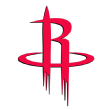
Amen Thompson, Houston Rockets
Projection: N/A
Thompson played for Overtime Elite, so I don’t have projections for either the No. 4 pick or his twin brother, No. 5 pick Ausar Thompson of the Detroit Pistons. Houston returns starting guards Jalen Green and Kevin Porter Jr. and adds Dillon Brooks and Fred VanVleet as free agents on high-priced contracts, so there probably aren’t sufficient minutes for Thompson (or Whitmore) to mount a Rookie of the Year charge. That said, if Thompson is as electric as during his brief appearance in Las Vegas (16 points, 5 assists, 4 blocks and 3 steals in 28 minutes), new coach Ime Udoka will find playing time for him.
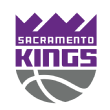
Sasha Vezenkov, Sacramento Kings
Projection: 19 MPG, 8.2 PPG, 4.2 RPG, 1.2 APG
Now here’s a true long shot. At 28, Vezenkov would be the oldest Rookie of the Year in NBA history. There’s a reasonable argument that Vezenkov — the MVP of the EuroLeague while leading Olympiakos to a runner-up finish — was a more productive player in Europe last season than Wembanyama. Alas, there’s a reason Vezenkov — drafted in the second round of 2017 — hadn’t yet made the trip stateside. Defensive limitations will likely prevent Vezenkov from logging the minutes necessary to put up big stats.

Jarace Walker, Indiana Pacers
Projection: 20 MPG, 7.5 PPG, 4.5 RPG, 1.3 APG
The No. 8 pick, Walker, will presumably battle newcomer Obi Toppin for the Pacers’ power forward job, giving him a better chance of seeing heavy action than No. 6 pick Anthony Black of the Orlando Magic and No. 7 pick Bilal Coulibaly of the Washington Wizards.
